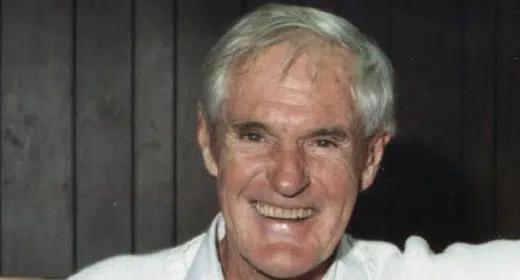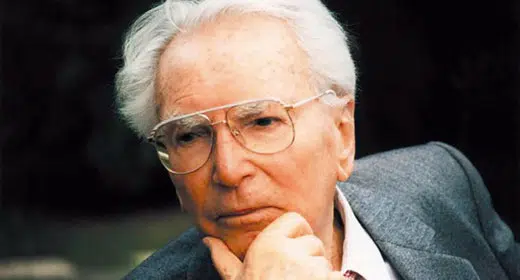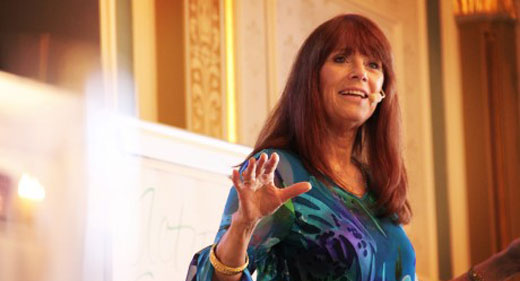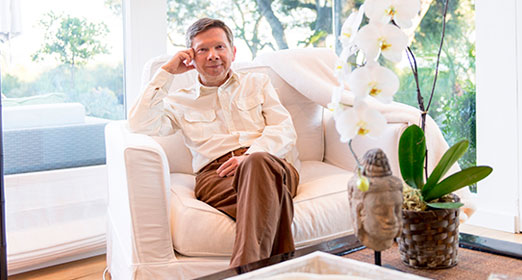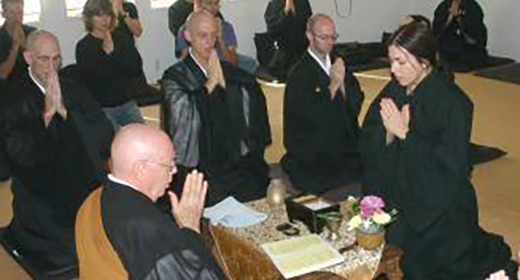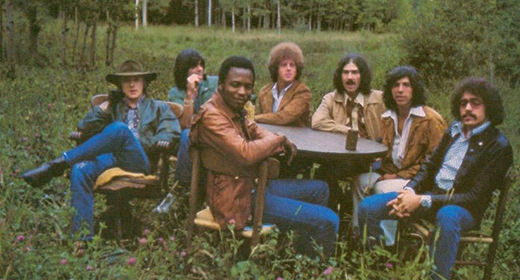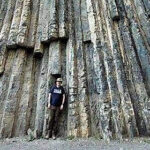by Gangaji: There is a point that appears in a lifetime, regardless of chronological age, when healthy, true doubt appears. 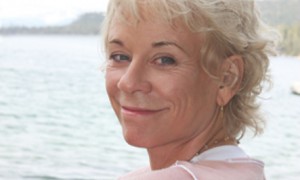 We doubt what we have been taught, and we doubt what others insist we must believe. This is the point at which true spiritual inquiry can begin.
We doubt what we have been taught, and we doubt what others insist we must believe. This is the point at which true spiritual inquiry can begin.
Too often there is little support for the deep examination that this spiritually-healthy doubt demands. In my Episcopal confirmation classes — taken with other rowdy 12 year olds — the questions that we could ask with approval had little interest for us. The ones we were interested in, “What exactly is the devil? Where is hell?” were considered disruptive and impertinent. Although the point of the classes was to bring us into the church in a more mature phase, for most of us it was the beginning of the end of our churchgoing days. Something essential in us was denied. I have heard countless variations of this story from others who felt their right to sincerely question had no place in their religious upbringing.
We have sometimes found that we have to rebel against all we have known, since those who “know” are unwilling to allow inquiry to be an essential part of spiritual development. In our rebellions, we absorb new anti-beliefs, and when we dare to doubt them too, we again are branded as heretics. How many converted Buddhists scoff at the naive Christians who believe literal interpretations of the Bible while easily taking on the belief of reincarnation? How many fundamentalist Christians brand New Age visualization as the work of the devil and revile Hindus with their nirvana and multiple faces of God, while having personal conversations with their deity and continuing their own magical thinking about their version of God. Even proponents of inquiry often state what inquiry should reveal. In the “religion” of self inquiry, the concept of non duality takes the place of direct discovery.
Authentic spiritual inquiry reveals the joy of fresh insights and revelation, just as artistic or scientific inquiry does, but if we cling to the latest insight as a thing we know, that thing grows stale.
To be of real spiritual value, inquiry must be alive and fresh. Regardless of what we remember or have discovered from the past, each time we truly inquire, we return to not knowing what the outcome will or should be. No doctrine is needed for discovery. No concepts of multiplicity, duality, or non-duality are needed. In fact, we must put aside all of our doctrines and concepts for our inquiry. All that is needed is the willingness to be unattached to the outcome, conscious, and truthful.
Deep inquiry is not for the fainthearted or weak-minded. It is for those who are ready and willing, regardless of fears and discomforts. It is the challenge and invitation to mature. It is the invitation to give up past reliance on others’ discoveries while allowing those discoveries to encourage and even push us into our own inquiry.
Inquiry is not a coping mechanism. It is not present in human consciousness to provide certainty or comfort, except the sublime certainty that one has the capacity to discover truth for oneself. It is a stretching mechanism. It calls on the mind to stretch beyond its known frontiers, and in this way inquiry is support for maturing and evolving the soul. It frees us from the need to define ourselves to experience being ourselves. It is both humbling and a source of profound joy, but it does not provide a neat package of new definitions and stories.
The challenge in inquiry is to be willing to directly discover what exists with no reference points. Inquiry is no small challenge, for it requires facing the death of the inner and outer worlds as they have been constructed with no knowledge of what will take their place. We have the experience of releasing our constructed world when we fall into sleep, and we cherish and need this experience for our well-being on all levels. The challenge of inquiry appears in releasing the constructed world while remaining conscious.
This blog is adapted from Hidden Treasure: Uncovering the Truth in Your Life Story, which was published by Penguin Tarcher in 2011. In this life-changing book, Gangaji uses the telling of her own life story to help readers uncover the truth in their own. Publisher’s Weekly said, “This gently flowing but often disarming volume invites readers to examine the narratives that shape them, and is a call to pass beyond personal stories to find a deeper, more universal self.”

